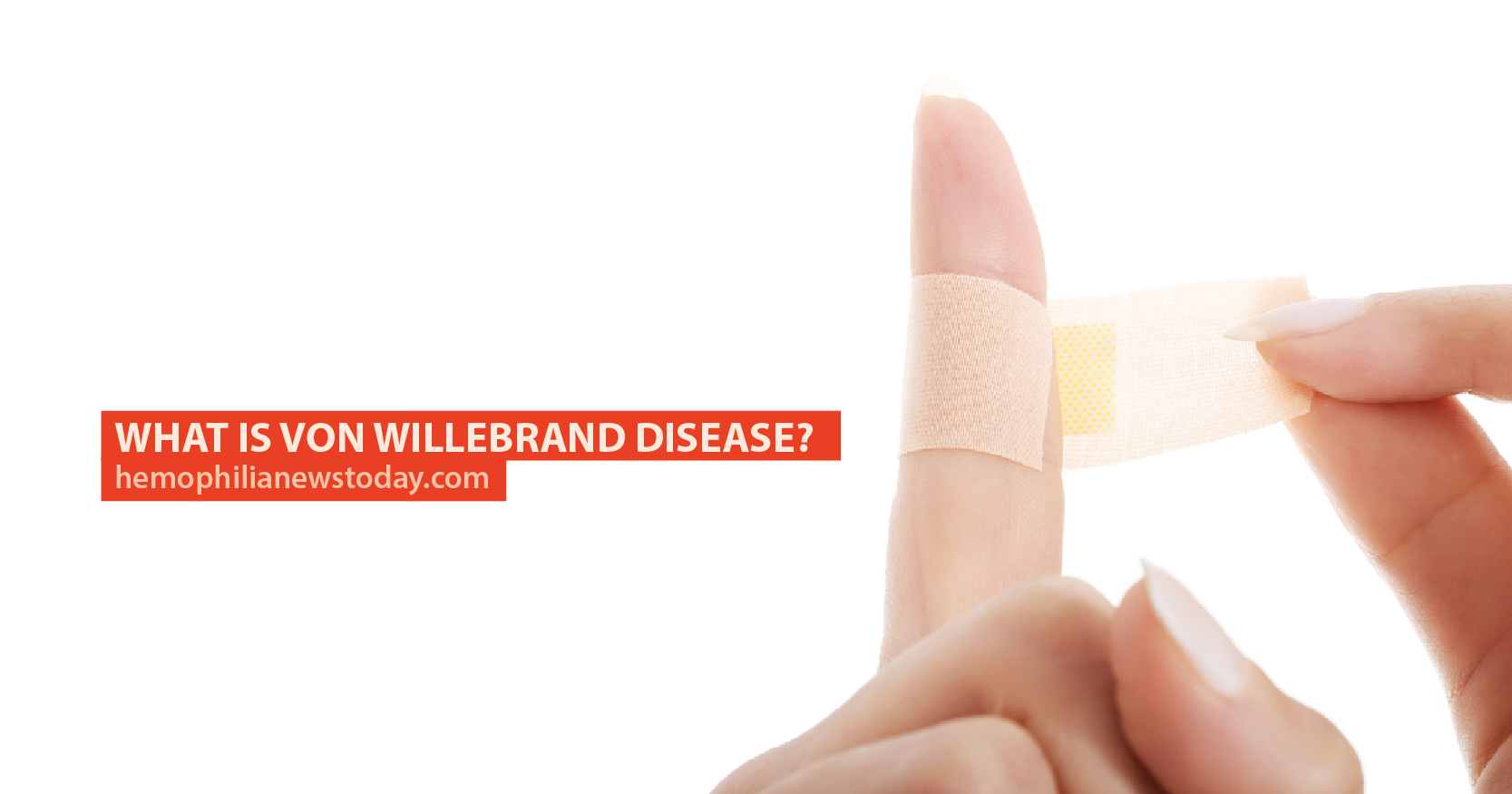What Is Von Willebrand Disease?

Von Willebrand Disease (VWD) is a genetic blood disorder where the person affected is deficient in a protein that helps blood clot — the Von Willebrand factor. According to the Hemophilia Federation of America, the disease is genetic and often takes a while to be diagnosed as the symptoms are fairly mild compared to hemophilia. It is the most common blood clotting disorder, affecting around 1 percent of the population.
MORE: Children with severe von Willebrand disease may benefit from plasma factors, a study finds.
According to the Mayo Clinic, there are three different types of VWD: Type 1 is where the person has lower Von Willebrand levels than average and the symptoms are usually mild; Type 2 has four different subtypes in which the Von Willebrand factor present doesn’t function as it should, and these people tend to have more significant symptoms; Type 3 is the most severe type and those living with the disorder will have little or no Von Willebrand factor and will have severe symptoms akin to hemophilia.
The symptoms presented usually occur after a surgical or dental procedure, or for women, long or heavy periods can be a sign of the disease. Other symptoms include heavy or raised bruising, blood in the urine or stools, and nosebleeds that continue for more than 10 minutes.
There are also cases of acquired Von Willebrand Disease, which is a complication of another existing medical problem.
MORE: Study finds that bruising is uncommon in very young children with blood clotting disorders.
Hemophilia News Today is strictly a news and information website about the disease. It does not provide medical advice, diagnosis, or treatment. This content is not intended to be a substitute for professional medical advice, diagnosis, or treatment. Always seek the advice of your physician or other qualified health provider with any questions you may have regarding a medical condition. Never disregard professional medical advice or delay in seeking it because of something you have read on this website.






